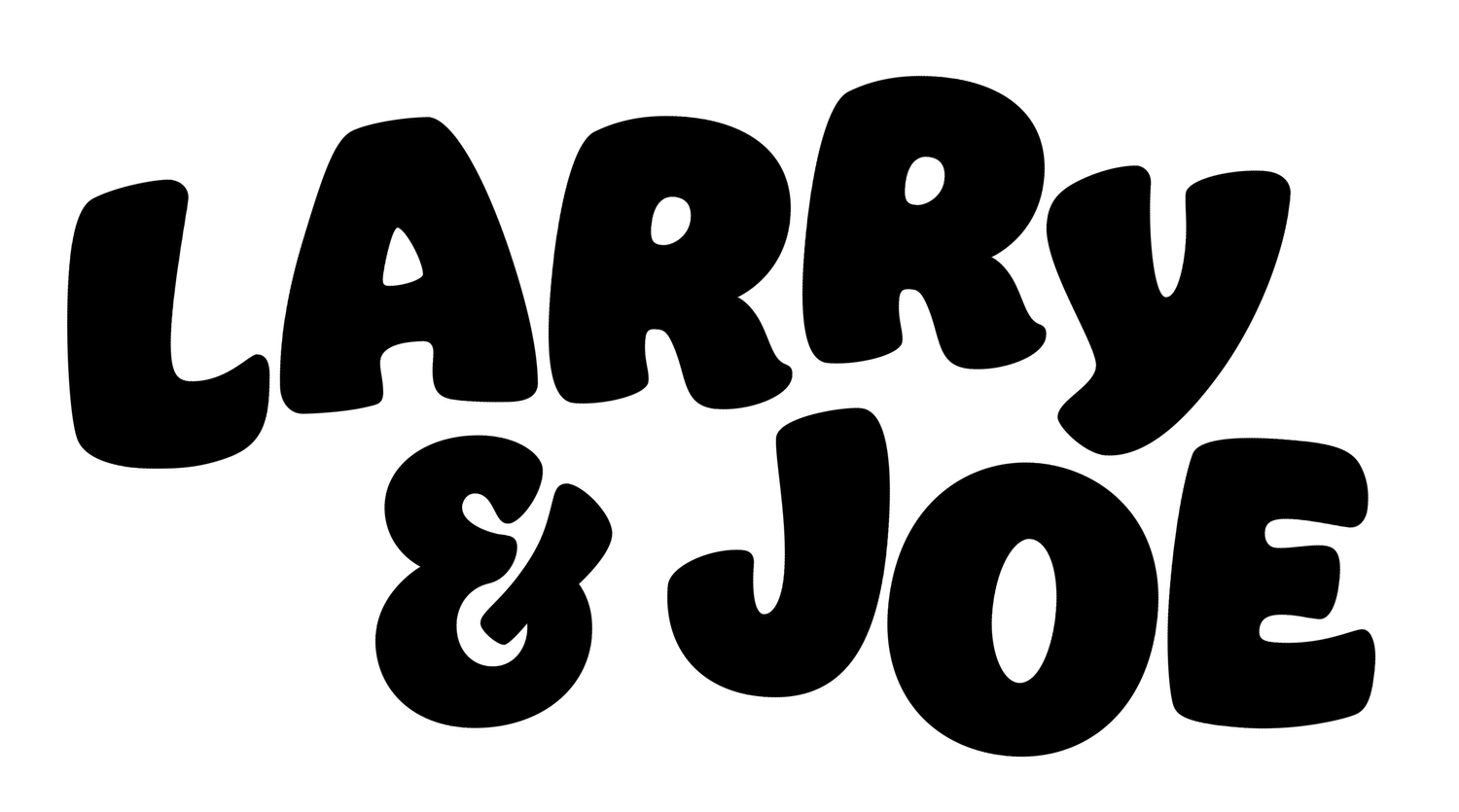Larry & Joe Fuse Venezuela And Appalachia
Written by Brian Slattery for New Haven Independent
12.18.23
Larry Bellorín and Joe Troop, of Larry & Joe, positioned themselves close to one another on the Cafe Nine stage Tuesday night, surrounded by instruments.
“Buenas noches,” Bellorín began. Troop translated. “Good evening.”
As Bellorín continued, Troop translated.
The two musicians were delighted to bring to New Haven “the best of our music — the best of Venezuela and the best of Appalachia.” Also, “as you’ll notice, we’re twins.”
That last line drew laughter from the healthy-sized crowd, but it was the right encapsulation of what the duo were about, in the sincerity and depth of their mission, the virtuosity and emotion they brought to their playing, and the humor and big-heartedness with which they delivered it all.
As they related in their set, Bellorín, born in Venezuela, is steeped in llanera music and was a sought-after performer and studio musician for many years, until that country’s deteriorating political situation drove him to seek political asylum in the United States. He ended up in Raleigh, N.C., where, as Troop put it, he “did the only thing he could do to provide for his family, which was lifting cinderblocks” working construction. He “put his body through hell” and is “one of my heroes for sticking it out.”
Born in North Carolina, Troop rose to fame in the traditional music world as the guiding force behind the Buenos Aires-based Che Apalache, a group that seamlessly fused Latin music with bluegrass and had just began their upward arc in the United States when the pandemic forced the band into hiatus. Troop returned to North Carolina and began working with migrants and asylum seekers, which is how he and Bellorín crossed paths. They hit it off musically and began developing material together, pulled from the llanera and bluegrass traditions and incorporating original material as well. Their visit to Cafe Nine marked the first leg of their first tour.
Larry & Joe were welcomed to Cafe Nine by the New England-based Moon Shells (of which, in full disclosure, this reporter is a member). The band normally performs as a five-piece, playing mostly original music, but on Tuesday this reporter and bandmate Maggie Shar played as a duo, sprinkling their set with a few of the traditional fiddle tunes that brought them together in the first place — and led them to become fans of Che Apalache before the pandemic.
Bellorín and Troop began their set on harp and banjo, respectively, launching into a high-energy Venezuelan tune that found their hands racing across the strings, trading ideas at a breakneck pace and creating music soaked in emotion and complexity. The crowd was hooked almost immediately. Troop beamed.
“We are Larry & Joe, not to be confused with Larry & Joe’s Pizza on Newark Avenue in Jersey City,” he said, to laughter. “This is our first gig in New England,” he went on, and being at Cafe Nine, he said, “felt like a warm embrace. There aren’t a lot of places like this left. It reminds me of a time I wasn’t even alive.”
He reiterated the mission of the band, to combine two traditions and thus dissolve the borders between them, but two or three songs in, little explanation was necessary: the music proved the point for itself, as harp and banjo combined so seamlessly that one might ask why, apart from the occasional flight of fancy from very creative singer-songwriters, they aren’t put together more often.
The duo also weren’t afraid to chase down what the mentality of their music meant when transferred to the political realm. Troop explained how he wrote a song (which he and Bellorín performed, on guitar and bass, respectively) about American Indian Movement member Leonard Peltier, currently in prison serving out two life sentences for killing FBI agents (which he denies doing), that became the theme song for a recent march on Washington demanding his release.
They also understood the way their musical mission translated to a radical embrace of diversity where they lived; their first album, due out in March, is titled Nuevo South Train, “and if you’re wondering what the Nuevo South Train is, well, we are, so hop on board.” On guitar and bass, the duo galloped through the song, drawing raucous applause.
“We’re going to make a habit of coming here,” Troop said. Though both were music veterans, he knew that as a duo “we’re still building, and it all goes in the same pot — which right now is a 2014 Toyota Sienna.”
With Troop switching back to banjo, the duo headed in a more bluegrass direction. Just as Troop’s banjo felt right at home in Bellorín’s llanera, so Bellorín’s harp ably filled out the bluegrass drive of Troop’s banjo. The experiement in melding traditions felt especially revelatory when Troop called, “as bluegrass songs must,” for Bellorín to accompany him on maracas for a lightning rendition of the standard “Rolling in My Sweet Baby’s Arms.” The fusion was so natural that, again, it seemed fair to wonder why it hadn’t been done before.
For the final segment of their set, Bellorín switched to cuatro and Troop to fiddle, where they ripped through two traditional Venezuelan fiddle tunes. Troop invited the audience to dance, which fully half the crowd rose from their seats to do, dodging among the stools and chairs and laughing the entire time. In the swirling rhythms and moving feet, with some people picking more traditional two-steps and others just doing what they felt, this final short dance party felt like another step in Larry & Joe’s musical mission, as borders melted away and past met present, and everyone was moving into the future together.
